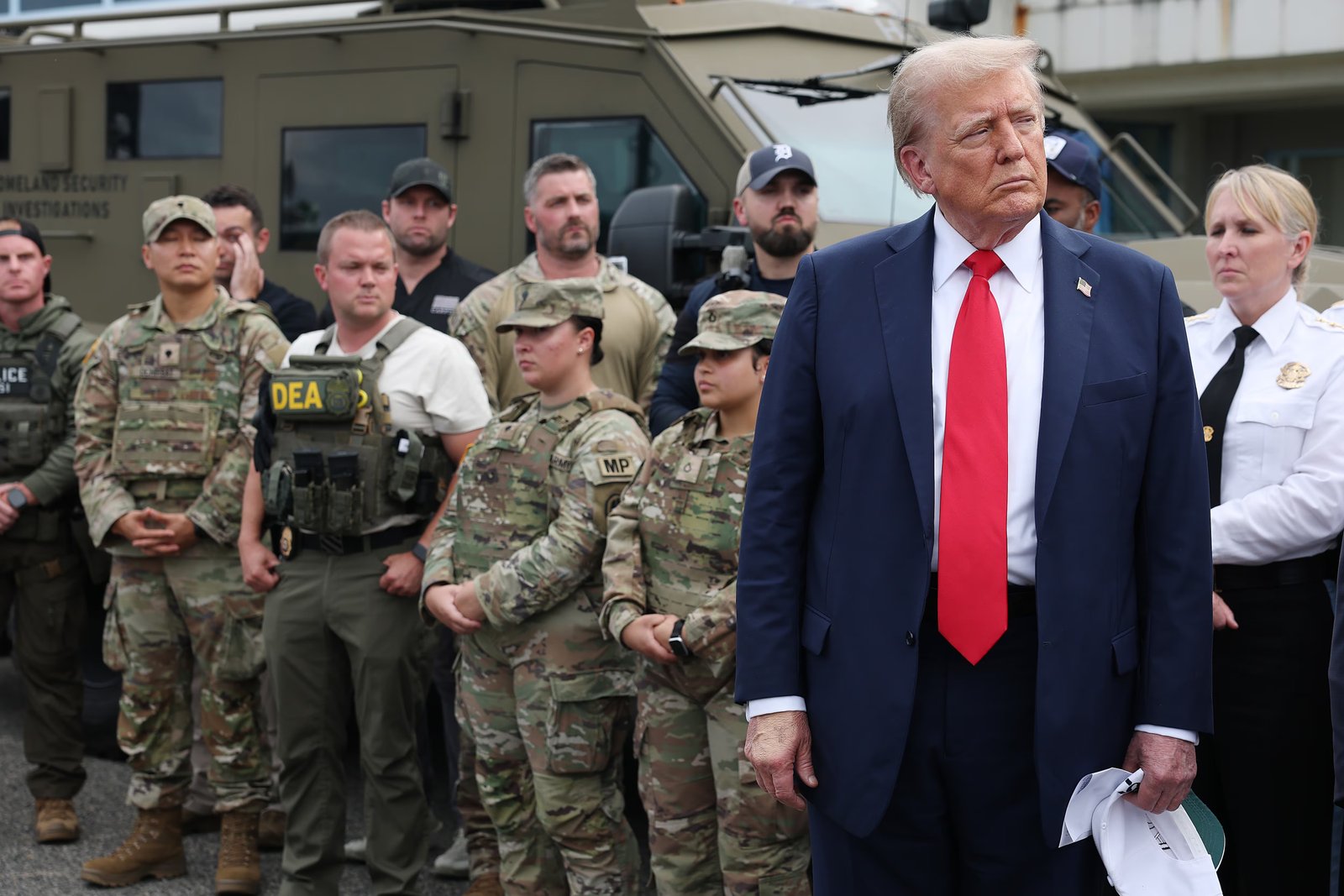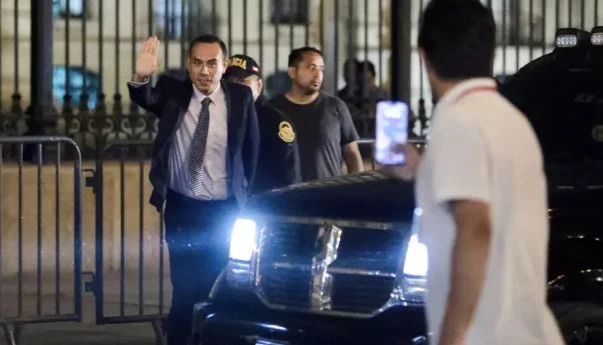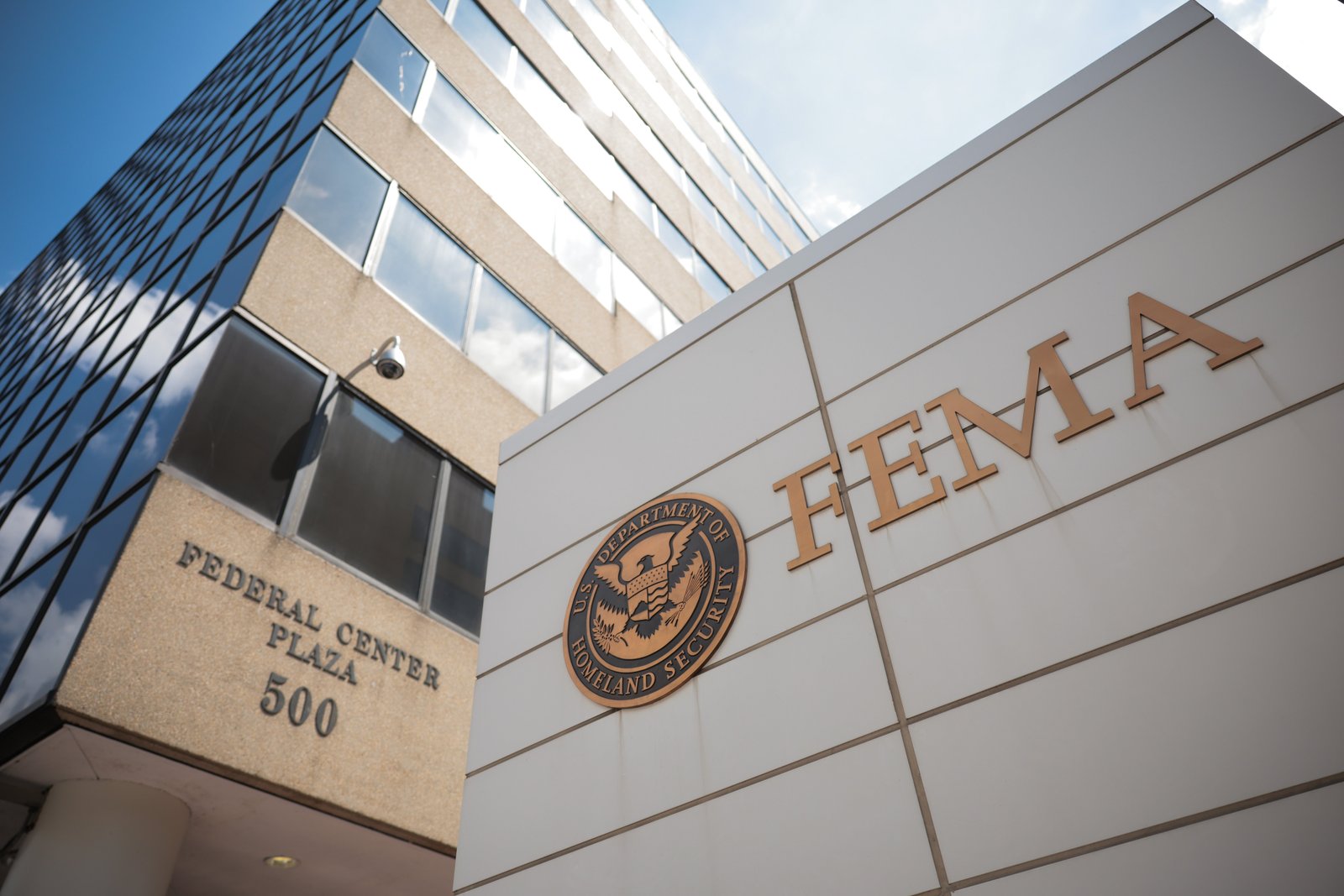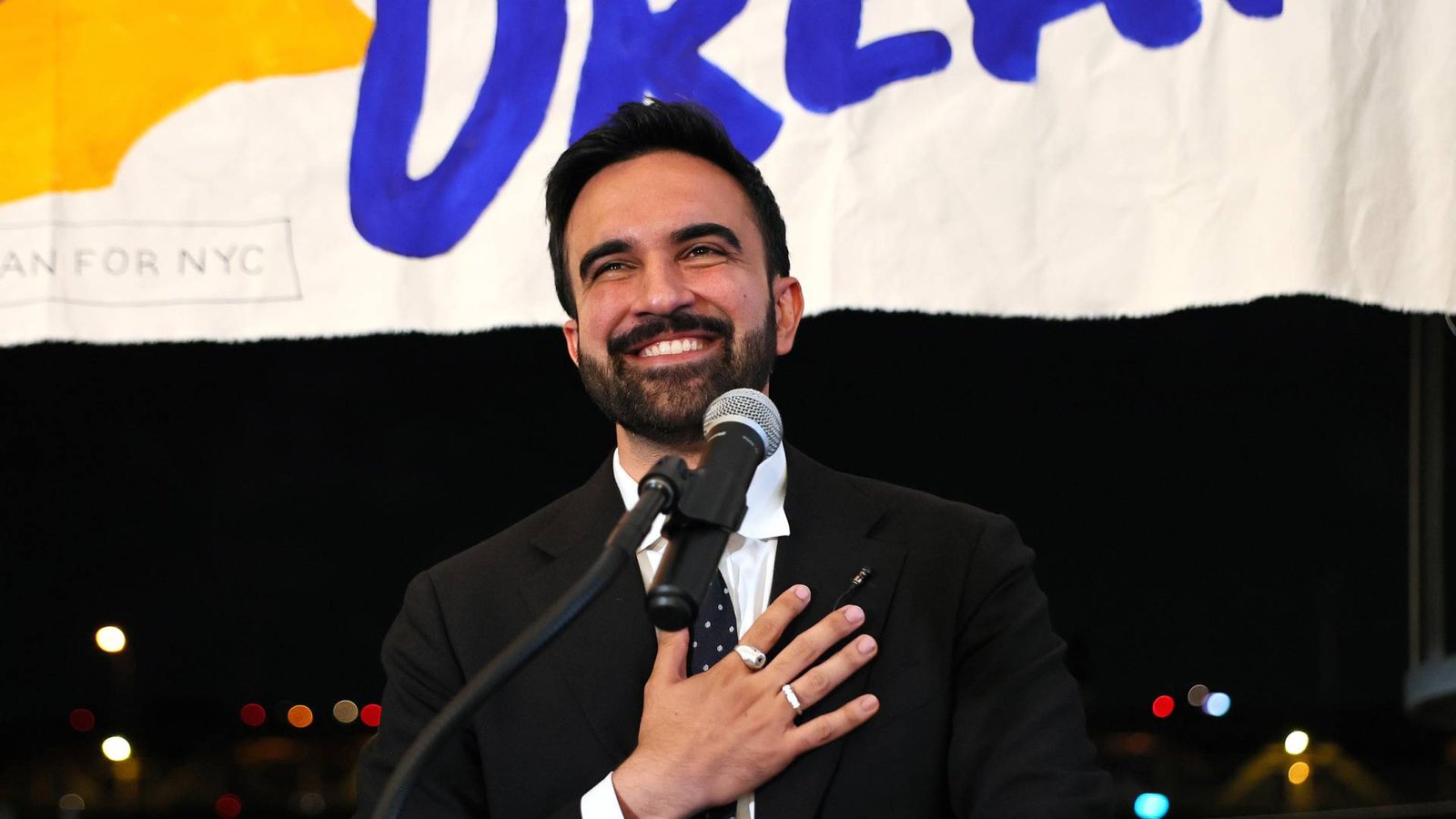The Pentagon is reportedly preparing to deploy the military to Chicago as President Donald Trump intensifies his campaign against crime, homelessness, and undocumented immigration. Officials familiar with the matter revealed that the plan aligns with broader federal enforcement measures and has been under discussion for some time.
Trump has repeatedly singled out Chicago, pointing to crime and governance concerns. In his recent remarks, he criticized the city’s leadership and suggested federal intervention was imminent. “Chicago’s a mess. You have an incompetent mayor. Grossly incompetent. And we’ll straighten that one out probably next. That’ll be our next one after this. And it won’t even be tough,” Trump said while outlining cities he wants to “clean up.”
Sources suggest that military deployment in Chicago has “long been in planning.” The initiative is expected to coincide with U.S. Immigration and Customs Enforcement operations targeting undocumented migrants in Illinois. The approach reflects Trump’s broader strategy to expand federal authority in urban areas, particularly those governed by Democrats.
The prospect of military intervention has sparked widespread criticism. Illinois Governor JB Pritzker denounced the plan, accusing Trump of deliberately sowing division. “After using Los Angeles and Washington, D.C. as his testing ground for authoritarian overreach, Trump is now openly flirting with the idea of taking over other states and cities,” Pritzker said. He further warned that the move is designed to incite fear and destabilize communities rather than improve public safety.
Chicago Mayor Brandon Johnson voiced similar concerns, calling the proposal uncoordinated and counterproductive. “The problem with the President’s approach is that it is uncoordinated, uncalled for, and unsound,” Johnson said. City officials argue that existing local safety initiatives should be strengthened rather than undermined by federal intervention.
Trump’s proposal fits within a broader theme of his second-term agenda, which emphasizes tighter border security, aggressive law enforcement, and expanded federal powers in Democratic-led states. Supporters argue the plan reflects a tough-on-crime stance and a direct response to public concerns about safety. However, opponents warn it risks escalating tensions between federal and local authorities and undermines the constitutional balance of power.
Analysts suggest that deploying the military to a major U.S. city would mark a rare and controversial step, one not seen in modern domestic policy outside of extreme emergencies. Critics also highlight the risks of militarizing urban spaces already facing economic hardship and social unrest.
As the White House advances its strategy, the debate over Trump’s plan for Chicago is intensifying. For many observers, the proposal underscores a broader struggle over how America addresses urban challenges and immigration enforcement. With the 2025 political landscape already polarized, Chicago could soon become a defining battleground for Trump’s vision of governance.







